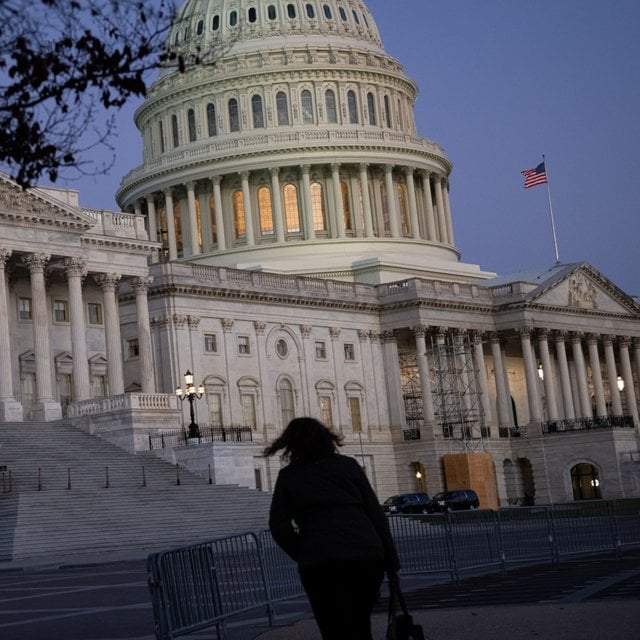Debt-Limit Deal Wins House Passage, Easing Default Concerns

The House passed debt-limit legislation forged by President Joe Biden and Speaker Kevin McCarthy that would impose restraints on government spending through the 2024 election and avert a destabilizing U.S. default.
Lawmakers from both parties joined to approve the bill 314-117 Wednesday evening, sending the measure to the Senate for consideration as a default deadline draws near. The vote cements Biden’s reputation for pragmatism and working across party lines as he seeks a second term and allows McCarthy to claim success in his first major test as Speaker.
The agreement won the backing of two-thirds of House Republicans, an important show of confidence for McCarthy, whose narrow GOP majority leaves him vulnerable to challenges from discontented members.
But the bill ultimately received more votes from the Democratic minority than the GOP majority, a fact conservative critics will use to argue the speaker made a bad deal.
The outcome marked a rare moment of bipartisan accord in a bitterly divided Washington.
Biden called the House vote “good news for the American people and the American economy.”
Investors already largely judged the danger of a U.S. default past and are shifting attention to other uncertainties more likely to influence growth, such as another possible Federal Reserve interest-rate increase and signs of a weakening Chinese economy.
The debt bill would remove the threat of another default crisis for the remainder of Biden’s current term, suspending the debt ceiling until Jan. 1, 2025. In exchange, Democrats agreed to cap federal spending into 2025, likely forcing some retrenchment in government services given the current 5% annual inflation rate.
The deal now heads to the Senate, where approval is virtually certain and the only question is timing. John Thune, the Senate’s No. 2 Republican, said earlier Wednesday that there could be a deal to pass the measure by Friday night, days ahead of the June 5 default deadline.
During the House debate, both parties took a victory lap. McCarthy called the legislation “a step toward smaller government.” House Democratic leader Hakeem Jeffries said his party succeeded in “stopping extreme MAGA Republicans from crashing the economy.”
Spending restraints in the deal may have a big impact on individuals, notably young college graduates who will have to resume student loan payments and some lower-income Americans hit with benefit restrictions or service cuts.






